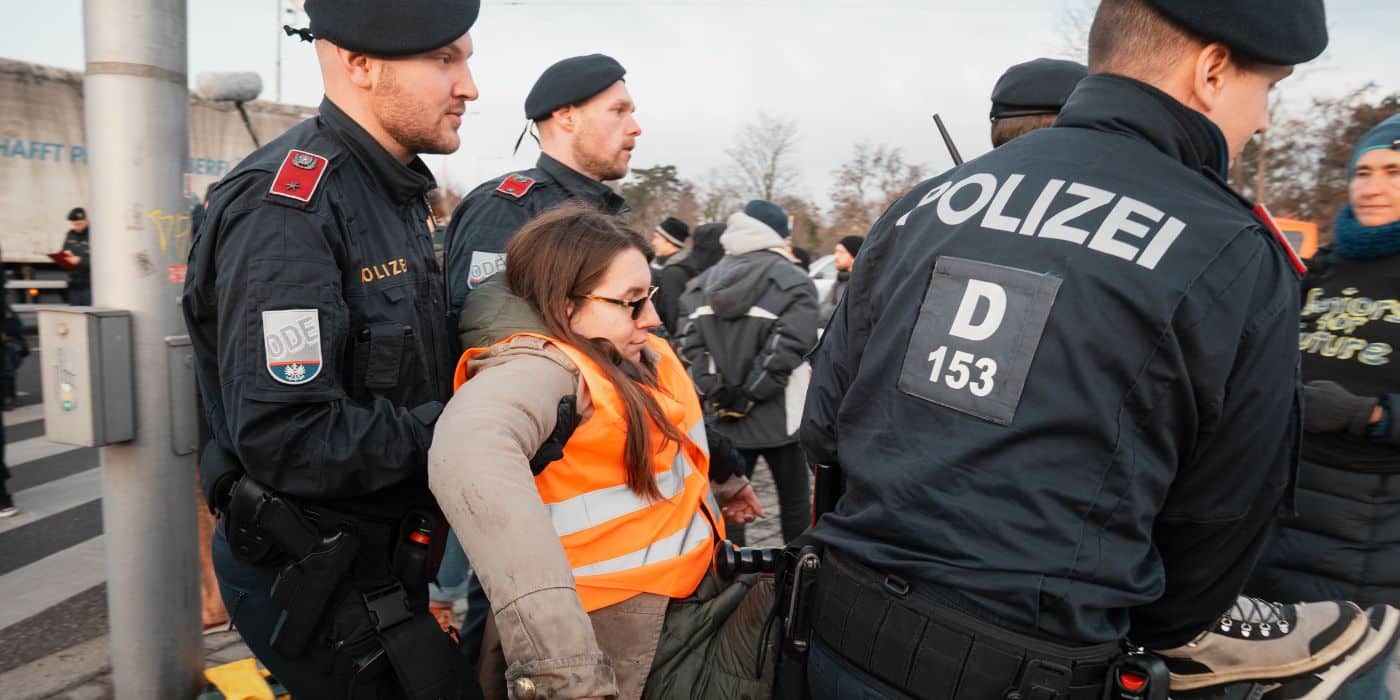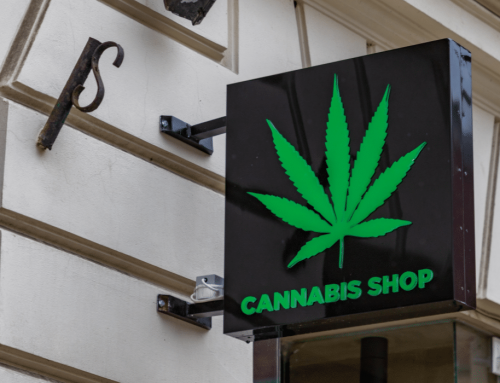Climate activists targeted by authorities: Are climate activists a “criminal organization”?

In Germany, a raid on the “Last Generation” group is causing a stir. Authorities seized two accounts and a website, leading to their shutdown. The searches took place in Bavaria and six other German states (Berlin, Hamburg, Hesse, Saxony-Anhalt, Saxony and Schleswig-Holstein). A total of 15 properties were searched. However, no arrests were made.
Large-scale operation by the Munich Public Prosecutor’s Office
The Bavarian Central Office for Combating Extremism and Terrorism at the Munich General Prosecutor’s Office initiated the action. It is investigating seven suspects aged between 22 and 38. They are accused of having founded or supported a criminal organization. The defendants are accused of collecting 1.4 million euros through a fundraising campaign and using most of this money for further crimes committed by the group. Two of the accused are also suspected of having sabotaged the oil pipeline between Trieste in Italy and Ingolstadt in Bavaria in April 2022.
Horror at climate stickers – disagreement among authorities and experts
The action caused horror at Last Generation. Spokeswoman Aimée van Baalen called the searches “completely absurd” and stressed that they had hit the activists hard. Nevertheless, she called for the resistance to continue, including with protest marches in various German cities later that week.
There is currently a debate in Germany about whether the Last Generation is a “criminal organization.” The offense of forming a criminal association is dealt with in the German Criminal Code (StGB). In the 1970s, this was used primarily against members and supporters of the far-left RAF (Red Army Faction). The term “climate RAF” for the Last Generation was coined by Alexander Dobrindt, head of the CSU parliamentary group in the Bundestag, and has since been popularly used by the CSU in Bavaria.
The Berlin public prosecutor’s office, on the other hand, is not sure whether the climate stickers are actually a criminal organization. Their spokesman Sebastian Büchner emphasizes that for the accusation of a criminal association, a certain similarity to terrorism and considerable danger are required. The actions of the climate stickers, however, are more likely to be described as a “permanent nuisance.” Nevertheless, the public prosecutor’s office in Berlin has initiated more than 1,980 preliminary proceedings.
In Brandenburg, on the other hand, there are also indications that a criminal organization has been formed. There, already in November 2022, searches took place at the Last Generation after it had carried out actions against the PCK refinery in Schwedt an der Oder. The complaint of the persons concerned was rejected by the Potsdam regional court as unfounded.
Berlin’s new justice senator Felor Badenberg is also examining whether the climate group is a criminal organization. However, she emphasizes the independence of the judiciary and that ultimately the public prosecutor’s office has the monopoly on prosecution and only the courts can dispense justice.
In addition, it is being discussed whether the Last Generation can be asked to pay for the damage it causes. The new mayor of Berlin, Kai Wegner, is exploring ways to free Berlin from the effects of these actions. Some states, such as Hamburg, Bavaria, Baden-Württemberg, Saxony-Anhalt and Hesse, are already charging for police operations. The police union is calling for a uniform approach throughout Germany. German Chancellor Olaf Scholz called the actions of the Last Generation “totally barmy,” whereupon the group smeared the SPD headquarters in Berlin with orange paint.
Conclusion: A divided population and emotional discussion
The discussion about climate activism and whether actions like those of Last Generation should be considered a criminal organization divides opinion. While some view the road blockades and protests as a legitimate form of civil disobedience, others see them as a threat to public safety and a violation of the rule of law. How the legal assessment will turn out in the end remains to be seen. Until then, the climate stickers’ actions will continue to be controversial and the confrontation between activists and authorities is expected to continue.





